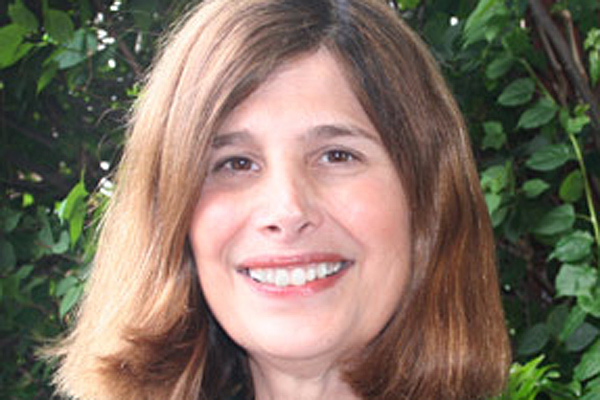USF Public Health Professor Karen Liller among the researchers presenting an unprecedented call to action in the American Journal of Public Health
Tampa, FLA (Jan. 20, 2017) – As firearm-related deaths and injuries continue to rise, more attention is needed to develop strategies to mitigate mortality caused by firearms, according to public health researchers, including the University of South Florida College of Public Health’s Karen Liller, PhD, a professor in the Department of Community and Family Health.
Dr. Liller was among the public health researchers from 42 schools and programs of public health, spanning 22 states and 17 gun violence prevention and advocacy organizations, who convened this November in Boston for the “Public Health and Firearm Epidemic: A National Consultation.” An action agenda to encourage gun safety resulting from that national meeting was published online yesterday in the American Journal of Public Health. The AJPH editorial is titled “Academic Public Health and the Firearm Crisis: An Agenda for Action.”
Sandro Galea, MD, DrPH, dean of the Boston University School of Public Health, arranged for the November consultation after the presidential election results to discuss what top priorities of the newly elected administration should be to address the firearm epidemic and how public health professionals can help spur those priorities.
“The firearm-related injury and death rates in the United States need to be immediately addressed through comprehensive and collaborative partnerships involving many sectors, such as academia, funding agencies, industry, local and state government, injury prevention programs, law enforcement, gun owners, and more,” said Dr. Liller, a child and adolescent public health professor specializing in unintentional injury prevention.
“In the state of Florida, I hope to move this agenda forward by working with the state and local injury prevention groups and programs. We need to especially reach out to foundations as possible advocates and funding sources for our research and outreach efforts.”
In 1996 Congress added budget language to an omnibus bill stating that “none of the funds made available for injury prevention and control at [the Centers for Disease Control and Prevention] may be used to advocate or promote gun control.” This same language was later added to appropriation bills of the National Institutes of Health.
According to Liller, this has made funding dollars for firearms research scarce, despite the growing rate of gun-related deaths.
“The firearm issue continues to be a very serious injury issue,” she said. “We have more than 36,000 firearm deaths every year, and they are the leading cause of death for homicide and a very high percentage of deaths from suicide.”
Research published by the American Medical Association in January, indicates firearms research is far behind where it should be, Dr. Liller said.
“A recent research letter in the Journal of the American Medical Association by Stark and Shah (2017) found that compared with other leading causes of death, firearm violence had less funding and fewer publications than what was predicted based on the mortality rate. In fact, predicted funding should be $1.4 billion, yet only $22 million was observed. Predicted number of publications was nearly 39,000, yet only 1,738 were observed.”
Dr. Liller said national consultations, such as the one organized by Dr. Galea, are key to overcoming the research gap.
“Saying that there are no federal dollars so we can’t do anything does not move us forward. We need to have meetings like this to come up with strategies such as working with private foundations, industry, and gun owners for solutions.” Dr. Liller said. “The idea that we want to take away guns is not true. We want to make firearms safer, and we want a safer environment.”
“I’m excited, because the strategies were ones that we haven’t seen before in many publications. They deal with the role of academia taking a very important stance, working collaboratively with advocacy groups and other organizations,” she said. “We need to not only have one national consultation with academic public health programs, we need to have several, and Dr. Galea’s meeting was an excellent start.”
-USF College of Public Health-
Established in 1984 as the first college of public health in the State of Florida, the USF College of Public Health is a recognized leader in community health, online education, maternal and child health, social marketing, and global infectious disease research. The college offers multiple online and on-campus concentrations that lead to MHA, MPH, MSPH, DrPH, and PhD degrees, as well several dual degrees, graduate certificates, and special programs. To learn more about the college and its 1,800 students who commit to passionately solve problems and create conditions that allow every person the universal right to health and well-being, visit www.publichealth.usf.edu.
-USF Health-
USF Health’s mission is to envision and implement the future of health. It is the partnership of the USF Health Morsani College of Medicine, the College of Nursing, the College of Public Health, the College of Pharmacy, the School of Physical Therapy and Rehabilitation Sciences, the Biomedical Sciences Graduate and Postdoctoral Programs, and the USF Physicians Group. USF Health is an integral part of the University of South Florida, a high-impact, global research university dedicated to student success. For more information, visit www.health.usf.edu

